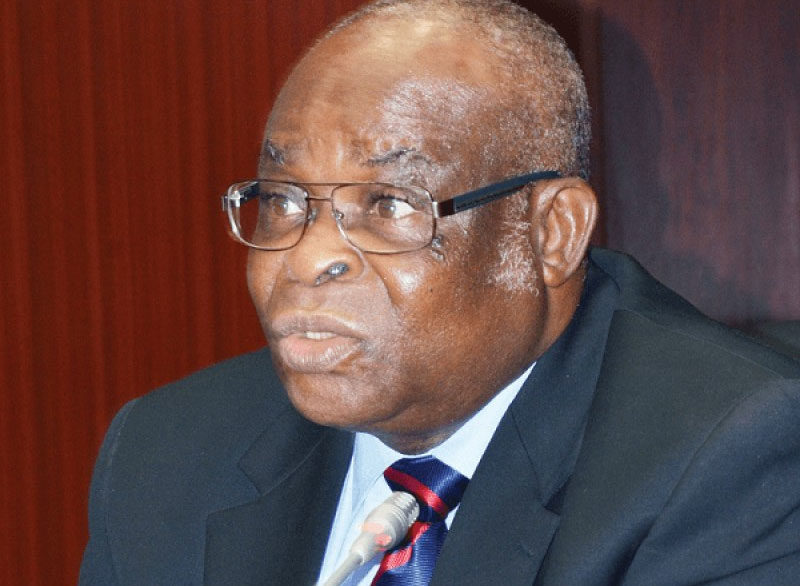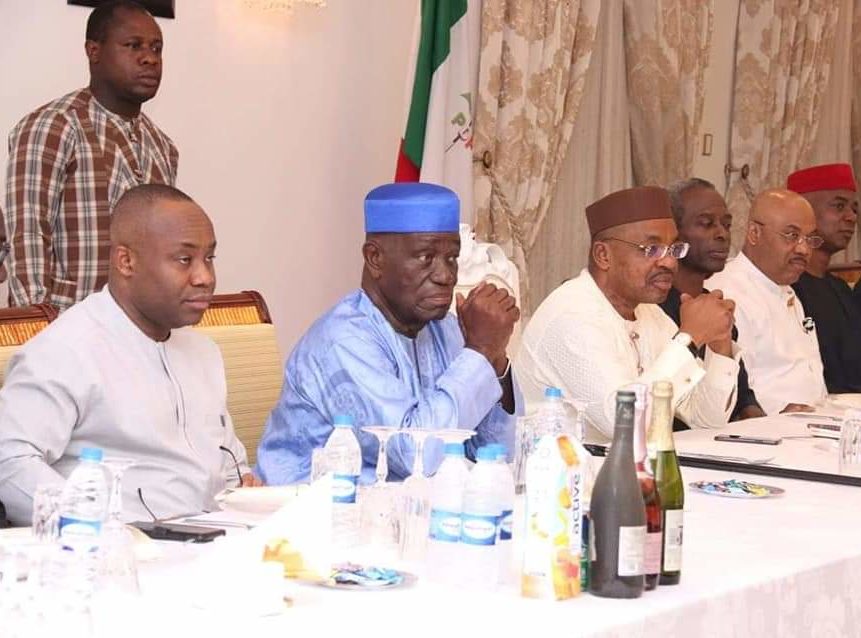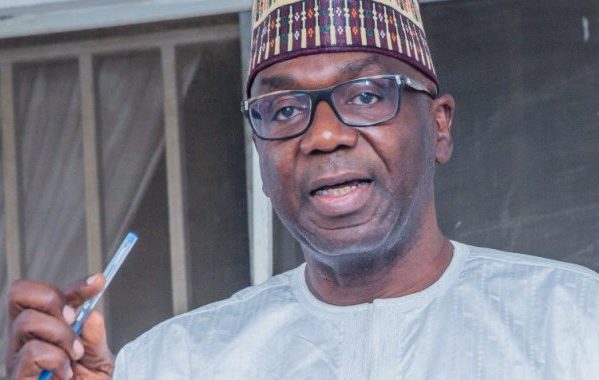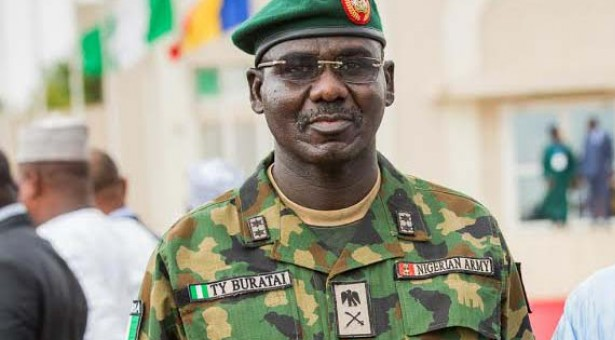Not many Nigerians were shocked last Friday, when the Code of Conduct Tribunal (CCT) rejected the no-case application filed by the suspended Chief Justice of Nigeria (CJN), Justice Walter Onnoghen to stop his trial. For them, it would be easier for the camel to pass through the eye of a needle than to let Onnoghen off the hook designed for him.
The embattled CJN had dismissed the charges of false asset declaration against him as “useless and invalid”, saying the Code of Conduct Bureau (CCB) failed to follow its standard operations procedure in raising the charges. He, therefore, argued that he had no case to answer, implying that the charges be dismissed.
But the three-member panel of the tribunal led by Danladi Umar dismissed the application, ordering that he enters his defence against the six-count charge of non-declaration of assets brought against him.
Umar, in the ruling, said the prosecution has provided sufficient evidence to establish a prima facie case against the defendant to warrant his being called to enter his defence. He referred to a confessional statement made by the defendant in which he admitted forgetting to declare the five domiciliary accounts he has been operating at Standard Chartered Bank since 2009. He added that the confessional statement was sufficient to warrant the tribunal to ask the defendant to enter his defence if he had any.
The tribunal chairman made a case for the CCB, saying the argument that it failed to abide by its guidelines amounted to a mere internal communication flaw. He said the standard operational procedure of the bureau was faulty and must not be complied with by the prosecution. According to him, the procedure which is internal could not be above the Nigerian constitution.
As soon as Umar was done with the ruling, he adjourned the hearing to Monday, April 1 for the defendant to open his defence. This led to uproar in the courtroom, as lawyers from both sides confronted each other over the decision of the tribunal to give a short adjournment.
Many lawyers in the defence team shouted in protest when Umar ignored appeals by lead defence lawyer, Adegboyega Awomolo (SAN) that April 1 was too short for the defendant to adequately prepare for his defence. While Awomolo was still on his feet, asking the tribunal chairman to allow the defendant sufficient time to prepare, Umar stood up and walked away, leaving other members of the tribunal to chase after him.
A dejected Awomolo accused Umar of oppressing the defence. As Umar and the two other members of the tribunal walked away, Awomolo said: “If this is justice, then, God bless Nigeria.”
Specifically, the defence questioned the speed in the trial when the tribunal could have given them enough time to prepare their case.
Onnoghen is standing trial on a six-count charge of non-declaration of assets brought against him by the CCB. His travail started when one Dennis Aghanya, sent a petition signed by himself and on behalf of Anti-Corruption and Research Based Data Initiative to the CCB, alleging that the CJN did not declare his assets. This led to his suspension from office by President Muhammadu Buhari following a contentious exparte order by Umar.
READ ALSO: AACCI Honours Oba Ogunwusi As Patron, As Sosanya, Others Bag Doctorate Degrees
In spite of a series of litigations challenging the constitutionality of the presidential action and jurisdiction of the tribunal to hear the case, the trial finally commenced on March 18, with a lot of dramas and revelations that dumbfounded a lot of Nigerians, who were anxiously waiting to see the federal government prove its case beyond reasonable doubt.
It was not until the trial commenced that Nigerians realised how empty and hollow the charges against Onnoghen were. First, the prosecution which said it would call six witnesses to prove its case against the embattled CJN, surprisingly, sensing that it was a lost battle, abruptly retreated and announced that it was closing the case after they finished cross-examining only three witnesses.
The first sign that the federal government was on mission to destroy the career of Justice Onnoghen came when the 1st witness, Mr. James Akpala, a Senior Investigative Officer with the CCB, in his evidence-in-chief informed the tribunal that he did not know whether the CCB had a central registry and register where returned assets forms were deposited and registered.
Responding to another question, the witness said investigation into the petition against Onnoghen was concluded within 24 hours, raising question as the why the hurry in a case of such magnitude.
Drama, however, started when Awomolo confronted the witness with the charge against Onnoghen, proof of evidence, list of exhibits and witnesses, which were all dated January 10, when investigation into the petition had not been completed, indicating a premeditated prosecution.
Also, when the witness attempted to deny the involvement of the Economic and Financial Crimes Commission (EFCC) in the CCB investigation, he was confronted by Awomolo with documents from Standard Chartered Bank, addressed to the EFCC but tendered by the witness.
In all, the witness said he was not aware that the charges against the CJN were filed before the completion of the investigation and declined comments on the bank’s document addressed to EFCC.
This Day












